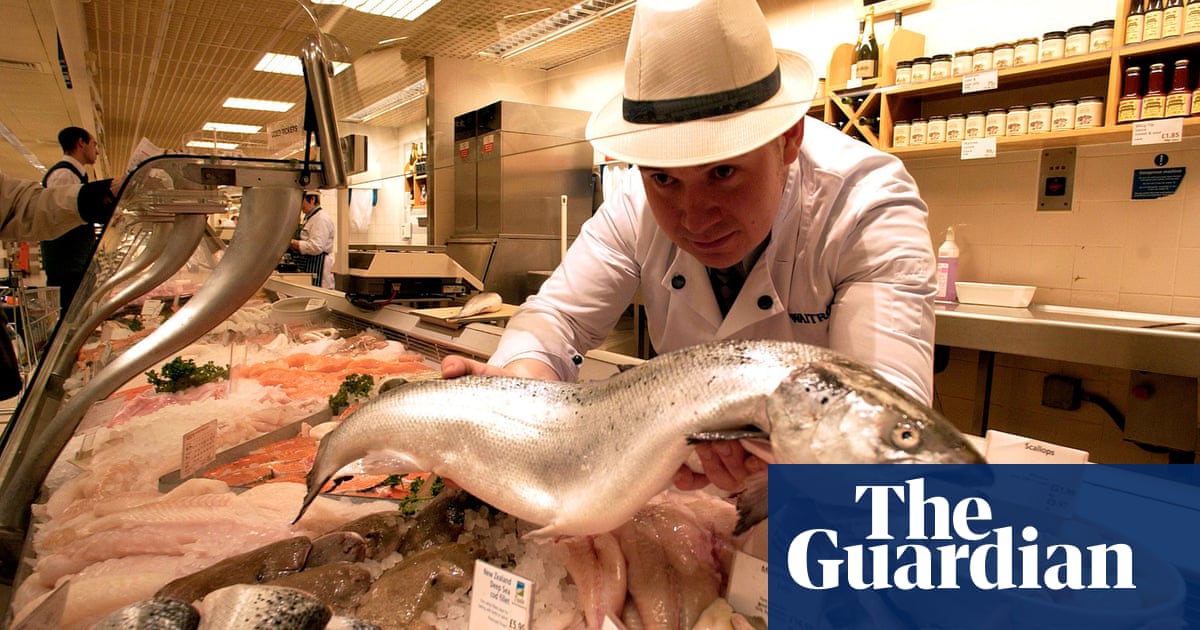A simple guide to sustainable fish would be useful, except the situation is very complicated and fish stocks keep changing. This means it’s difficult to work out the best thing to do, when you are actually in the shop (or a restaurant) buying some fish. The label about sustainability is only giving you a headline statement and some schemes are more reliable than others.
Current guidance in shops about whether a particular fish is sustainable are seen as too complicated but some of those are simplified and there are a variety of schemes with varying degrees of credibility.
To really get a handle on whether fish in the shops are sustainable you need to do quite a bit of research so the idea of some sort of traffic light label seems very optimistic. The Marine Conservation Society Good Fish Guide has a traffic light and 1-5 rating system but within these ratings for particular fish species and general geographic area there are variations depending on specific locations, methods etc.
The Marine Stewardship Council MSC blue tick relates to specific wild fisheries worldwide, based on an independent audit.
So perhaps our simple guide to sustainable fish depends on how we define the word “simple”…

